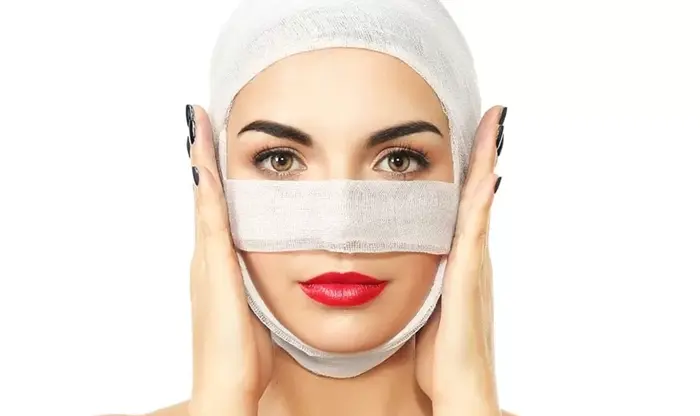By 2030, India’s cosmetic surgery market is expected to reach $11.5 billion, which is nearly Rs 1 trillion. There are several reasons for this growth. Celebrity influence is one factor. Also, people now have more disposable income. There’s less stigma around cosmetic surgery, and advanced equipment is more accessible.
A report by Grand View Research shows that the cosmetic surgery market is growing at a compound annual growth rate of 15.6 per cent. Experts say this growth is due to many things. One is the import of US Food and Drug Administration (FDA)-approved products from international markets.
The Kaya Clinic in Mumbai has noticed that people prefer results that look subtle and natural. Many choose non – surgical facelifts to stay looking young without obvious changes. They also said that in India, people like to keep these treatments quiet and low – key.
Priya Puja, a dermatologist and head medical advisor (North and East) at Kaya Clinic, said, “Social media and celebrity culture have made people more interested in these procedures. People want to look like celebrities or influencers, and they’re more open to cosmetic treatments. There’s less shame about it now.”
Lahari Surapaneni, the chief executive officer and consultant plastic surgeon at Bangalore Hospitals, added that celebrities are great at influencing others. “This trend is because of the constant social media exposure among Indians. Patients are both people in the public eye and ordinary men and women who want to look their best.” Experts also said that most of the equipment and tools used in aesthetic surgeries are imported from places like the US, Europe, and South Korea, with FDA approval.
Puja said, “All our equipment is FDA – approved. For example, we use FLX, which is exclusive to Kaya and FDA – certified. Many of our products come from US and European companies, along with FDA – approved Korean threads. We carefully research and check our vendors to make sure they meet safety standards. Our top priority is to maintain the highest quality of treatments.” She also mentioned that the machines are expensive, costing up to several lakhs.
Surapaneni said that imported equipment bought through Indian supply chains from international markets starts at Rs 80 lakh and can go up to Rs 1 crore.
Vinod Vij, a senior consultant in plastic surgery and cosmetology at Apollo Hospitals, Navi Mumbai, said, “We get FDA – approved implants, fillers, and surgical equipment from well – known international markets. This ensures precision and durability. Dermal fillers and advanced surgical instruments often come from the US and Europe.”
Experts pointed out that people as young as their early 30s start preventive treatments. Popular choices are hydration fillers or platelet – rich plasma to keep their skin healthy. As they get older, treatments become more specific, like ultrasound – based procedures such as Thermage or thread lifts.
At Apollo Hospitals in Navi Mumbai, patients for cosmetic surgery are of different ages and professions. Women between 25 – 45 usually go for facelifts, Botox, and non – surgical procedures. More men are choosing rhinoplasty and hair transplants. Trauma patients need reconstructive surgeries after accidents. Bangalore Hospitals said their patients range from 16 – 70 years old. Younger people are becoming more worried about facial sagging and their appearance.
Apollo Hospitals in Navi Mumbai does over 300 cosmetic and plastic surgeries every year. Kaya gets around 100 consultations each month, with 8 – 10 enquiries for facelifts. Many people choose less invasive treatments like energy – based devices or thread lifts, depending on their medical history. Bangalore Hospitals performs 70 – 75 face, thread, and cosmetic surgeries every month.
When talking about the side effects of these treatments, Puja said, “Non – surgical procedures have a lower risk of side effects. But if they’re not applied correctly or if the treatment isn’t suitable, there can be problems. For example, injectables might cause short – term bruising, and laser treatments could lead to temporary redness or swelling.”
Companies consider many things before taking on cases. These include a person’s medical history, allergies, heart health, urinary health, thyroid conditions, and past treatments like chemotherapy and surgeries.
You Might Be Interested In:

